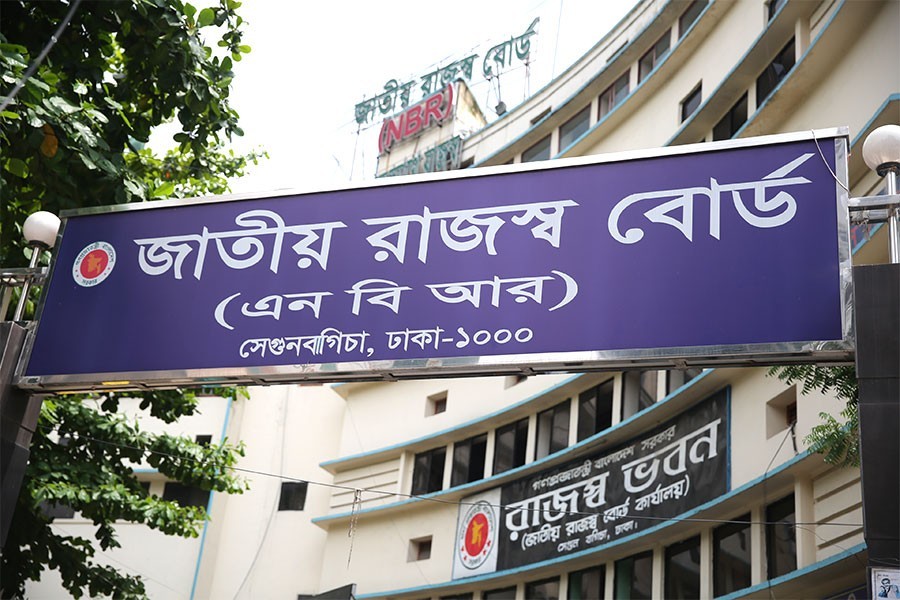NBR wants BEZA to exclude essential goods from tax incentive package

Published :
Updated :

The revenue board took the decision after it found an uneven competition in the local market between consumer goods producers inside and outside the economic zones (EZs).
Prices of edible oil, sugar, atta, flour and pulses vary in the local market between the producers inside and outside the EZs, officials said.
Companies that relocated their industries to EZs are now availing exemptions on payment of Advance Income Tax (AIT) while it is not exempted for the companies outside EZs.
However, senior BEZA officials have expressed opposing views on this as the authority has offered the facility to encourage relocation and establishment of industries inside EZs.
BEZA Executive Chairman Paban Chowdhury said companies are welcomed to set up their industries inside EZs to avail the tax benefit as per the BEZA law.
"Consumers are getting its benefits as EZ industries are able to sell products at lower prices than that of other companies," he added.
Meanwhile, many of consumer goods producing companies located outside the EZs have raised their concern over the issue, seeking intervention of policymakers.
Later, the NBR held a meeting with high-ups of BEZA and Bangladesh Investment Development Authority (BIDA) to resolve the issue. NBR chairman Md Mosharraf Hossain Bhuiyan presided over the meeting.
As per BEZA Law-2010, there is no separate provision to exclude essential consumer goods from the tax incentive package.
Industries located in EZs are entitled to enjoy an incentive package including tax benefit.
Tax officials alleged that some consumer goods producing companies in EZs are abusing the tax incentive package by availing the benefit for other products they produce outside EZs.
According to the minutes of the meeting, the government high-ups have decided to urge the BEZA to change its law to resolve the complexities.
The NBR will also take initiative to amend its Statutory Regulatory Order (SRO) regarding tax benefit for EZ industries.
Officials said this discriminatory tax treatment create differences between the production cost and the prices of products.
Currently, two large consumer goods manufacturing companies-City Group and Meghna Group-are producing products in their private EZs. These companies are enjoying exemption from payment of income tax and AIT.
They can sell products at much lower prices due to lesser cost of production than that of the companies located outside EZs.
In the meeting, the tax authority said they have evidence on abusing the tax incentive using the certification of BEZA by those two companies.
The tax officials said those companies are allegedly availing the tax benefit for other goods they produce outside EZs.
The NBR requested the BEZA to scrutinize properly before issuing the certification to the companies.
Officials said there might be similar tax treatment for the companies producing similar types of consumer goods to avoid possible conflict among the companies.
doulot_akter@yahoo.com


 For all latest news, follow The Financial Express Google News channel.
For all latest news, follow The Financial Express Google News channel.